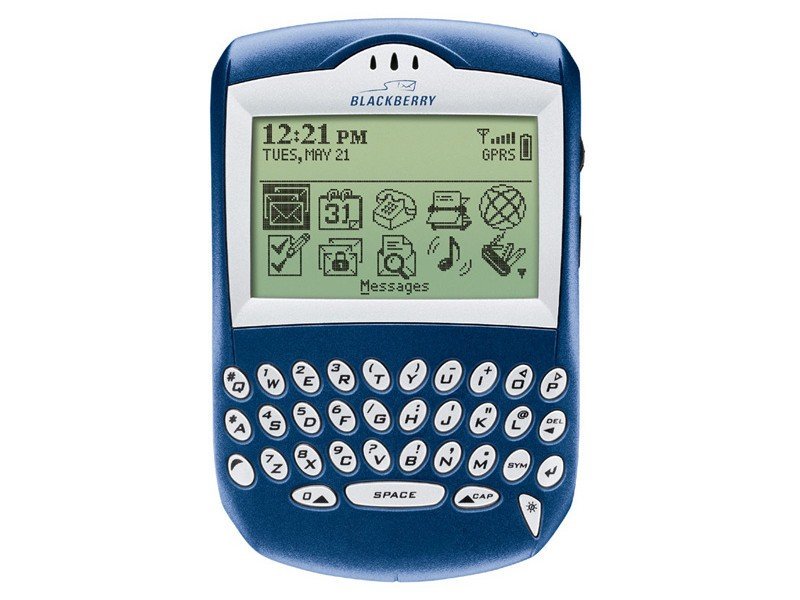Change adoption
An observation which owns something to Peter Thiel’s excellent Zero to One: Notes on Startups, or How to Build the Future, we hypothesise that for any user to adopt new technology, it must immediately or, at any rate, quickly and within easy reach of that user’s imagination horizon — make that user’s life incontestably better.
|
|
DR. JOHNSON: (to George) So, tell me, sir, what words particularly interested you?
PRINCE GEORGE: Oh, er, nothing… Anything, really, you know…
DR. JOHNSON: Ah, I see you’ve underlined a few: “bloomers”; “bottom”; “burp”; (with increasing outrage) “fart”; “fiddle”; “FORNICATE”? Sir! I hope you’re not using the first English dictionary to look up rude words!
BLACKADDER: I wouldn’t be too hopeful; that’s what all the other ones will be used for.
- — Blackadder, Ink and Incapability
It is the JC’s firm contention that we, and certainly our thought leaders, systematically discount the significance of “the invisible present”: innovation that has already bedded into the market. This is the only possible explanation for the widespread conviction that the legal market has not innovated in the last 30 years. Why? well, our cynical view that once bedded-down, its glamour, novelty, potential efficiency and monetisability is gone: it ceases to be an opportunity and starts to be furniture.
No-one wants hot-takes about furniture.
There is, still, a precious moment of transition: Where a new bit of kit offers immediate benefits, legal eagles will be over it like a rash. Take the BlackBerry: The JC is old enough to remember when a couple of investment banking MDs in New York acquired these little alien things in mid 2002.
Mobile email? Are you kidding me?
Within nine months every bastard in the firm had one and no face-to-face meeting could last longer than seven minutes before losing every participant to the little screen. They were called “crackberries” for a reason. Likewise email, the internet, delta-view and working from home. They went down the eagley gullet without touching the sides. No-one needed to take anyone on a “change journey”. The eaglery saw it, got it and adopted it immediately.
You could argue the BlackBerry single-handedly did away with “close of business” as any kind of barrier to commerce. Suddenly, everyone was reachable, 24/7 wherever they were and whatever they were doing. This new capability: the ability to respond instantly, from wherever, promised to put the deal execution into hyperdrive.
But it didn’t seem to make deals any more frequent. It only made the level of senseless interaction between the deal teams greater. The volume of email traffic no doubt spiked, but it by way of increased noise: the signal — the volume of deals, and the substantive issues in them was unaffected.
In the same way that the extraordinary expansion of a system once designed to defend against nuclear strike is now largely devoted to sharing memes, hot takes on Twitter and non-fungible tokens, so will much of legaltech find us, proverbially, looking up rude words.
